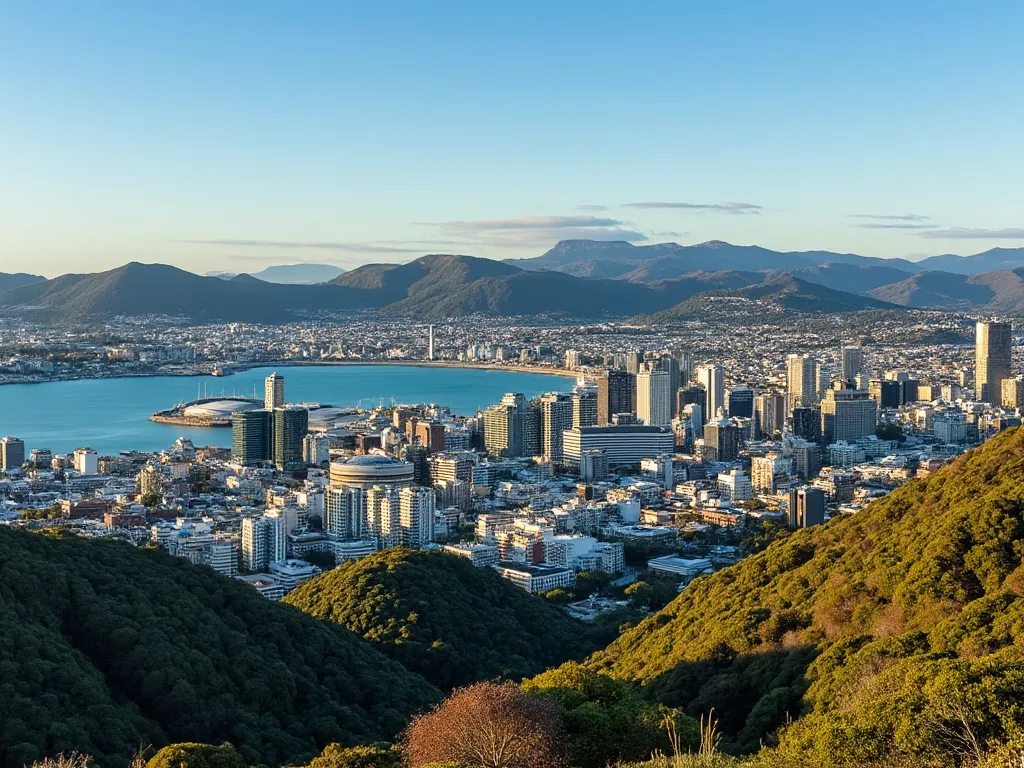
Wellington, the capital city of New Zealand, is a vibrant and cosmopolitan city nestled between a picturesque harbor and rolling hills. Located at the southern end of the North Island, Wellington is a hub of culture, politics, and entertainment.
Wellington information
| Country | 🇳🇿 New Zealand |
| Population | 412,500 (urban area) |
| Coordinates | 41.2865° S, 174.7762° E |
| Area | 444 km² (171 sq mi) |
| Climate | Temperate maritime climate |
| Language | English, Māori |
| Currency | New Zealand dollar (NZD) |
| Time zone | New Zealand Standard Time (NZST), UTC+12 |
| Proximity to other major cities | Auckland (640 km/398 mi north), Christchurch (340 km/211 mi south) |
Interesting facts about Wellington
- Wellington is often referred to as the "windy city" due to its strong winds.
- The city is home to the famous Te Papa Museum, which features a giant squid and a colossal fossilized tree.
- Wellington has a highly developed public transport system, including buses, trains, and a cable car.
- The city hosts numerous festivals and events throughout the year, including the Wellington International Arts Festival and the New Zealand International Film Festival.
Tourist attractions in Wellington
- Te Papa Museum
- Wellington Cable Car
- Mount Victoria Lookout
- Wellington Zoo
- Parliament Buildings
Historical background of Wellington
Wellington was founded in 1840 by the British and was named after the Duke of Wellington, who defeated Napoleon at the Battle of Waterloo. The city's early history was marked by conflicts with the indigenous Māori people, but it eventually grew into a thriving commercial center. In 1865, Wellington became the capital of New Zealand, replacing Auckland.
Geographical location of Wellington
Wellington is situated on the Cook Strait, which separates the North and South Islands of New Zealand. The city is surrounded by hills and mountains, including the iconic Mount Victoria, which offers stunning views of the city and harbor. Wellington's harbor is a popular spot for sailing and fishing, and the city's proximity to the sea makes it prone to strong winds and rough seas.
Cultural significance of Wellington
Wellington is a city with a rich cultural scene, boasting numerous museums, galleries, and performance venues. The city is home to the New Zealand Symphony Orchestra, the Royal New Zealand Ballet, and the Wellington International Arts Festival. Wellington is also known for its vibrant coffee culture, with numerous cafes and coffee shops throughout the city.
Economic importance of Wellington
Wellington is the economic and administrative center of New Zealand, with many government departments and agencies based in the city. The city is also a hub for the film industry, with numerous production companies and studios based there. Wellington's port is a major cargo hub, and the city is a center for trade and commerce.
Conclusion on Wellington
In conclusion, Wellington is a vibrant and diverse city that offers something for everyone. From its rich cultural scene to its stunning natural surroundings, Wellington is a must-visit destination for anyone traveling to New Zealand.
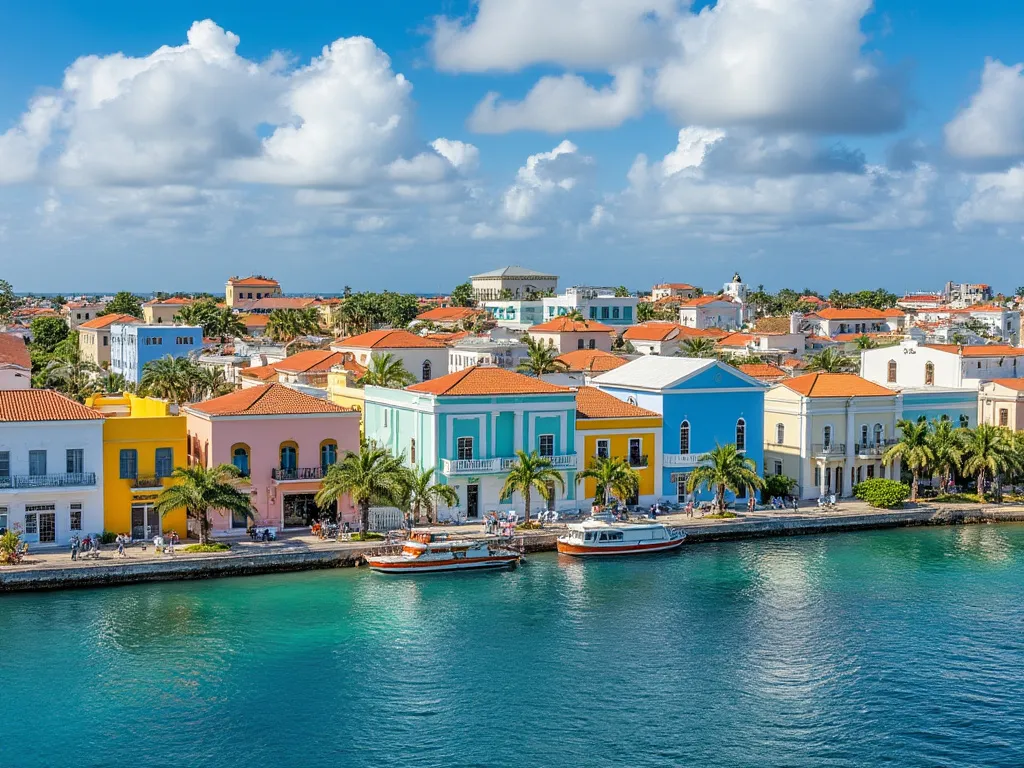 Willemstad
Willemstad
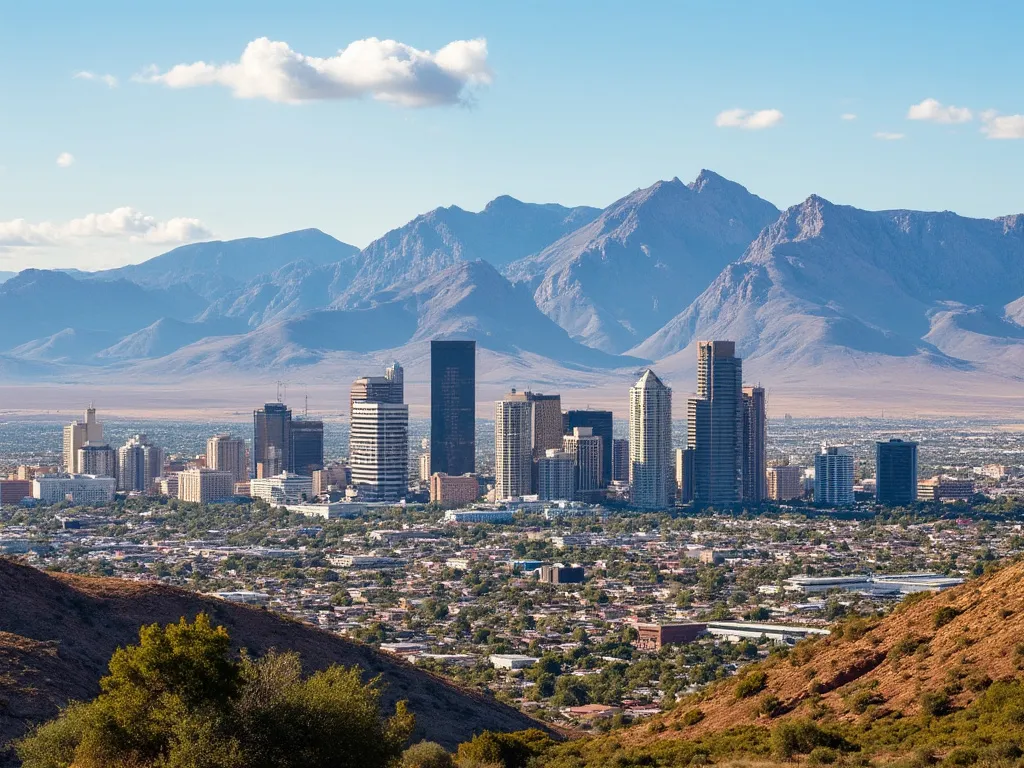 Windhoek
Windhoek
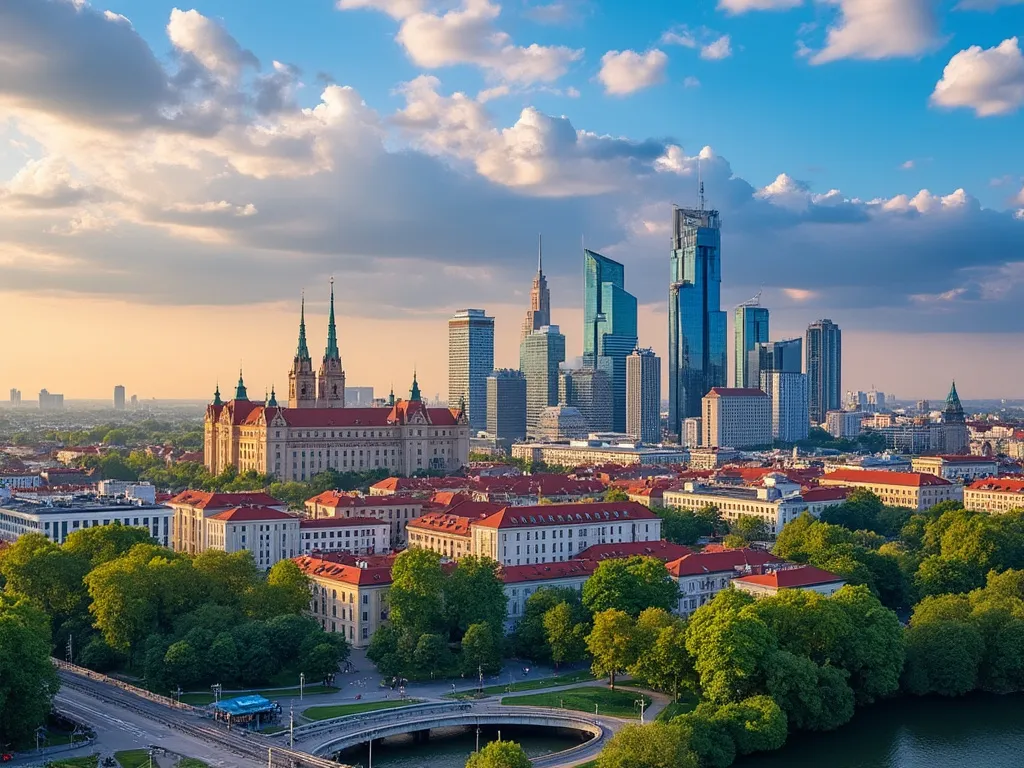 Warsaw
Warsaw
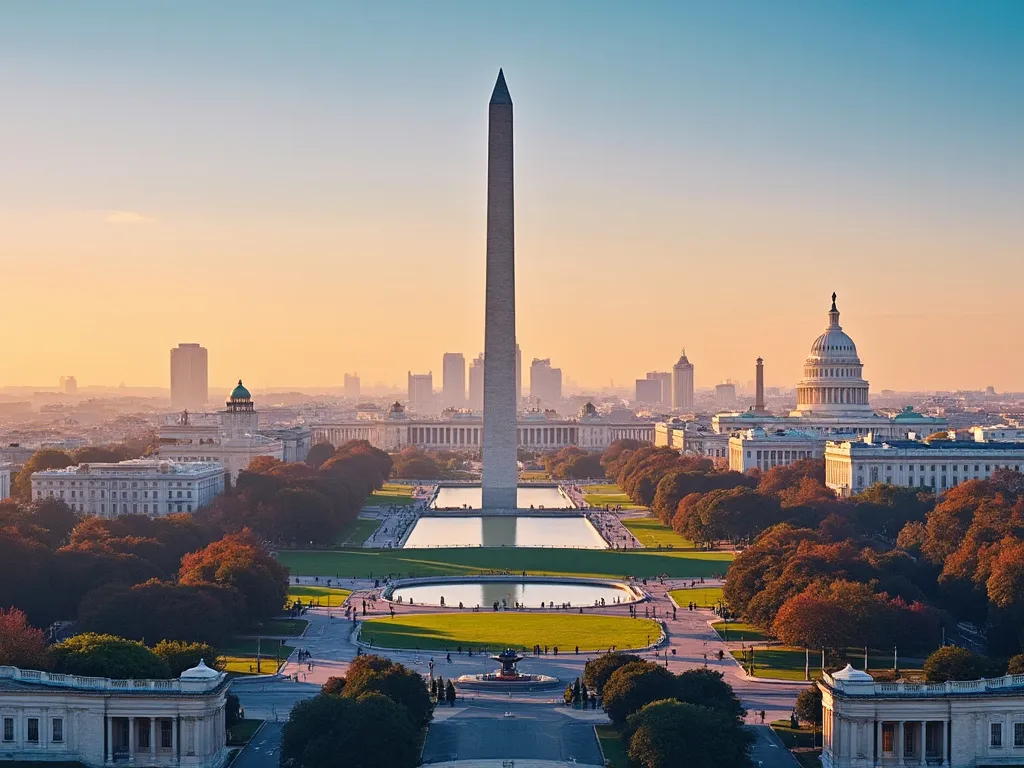 Washington D. C.
Washington D. C.